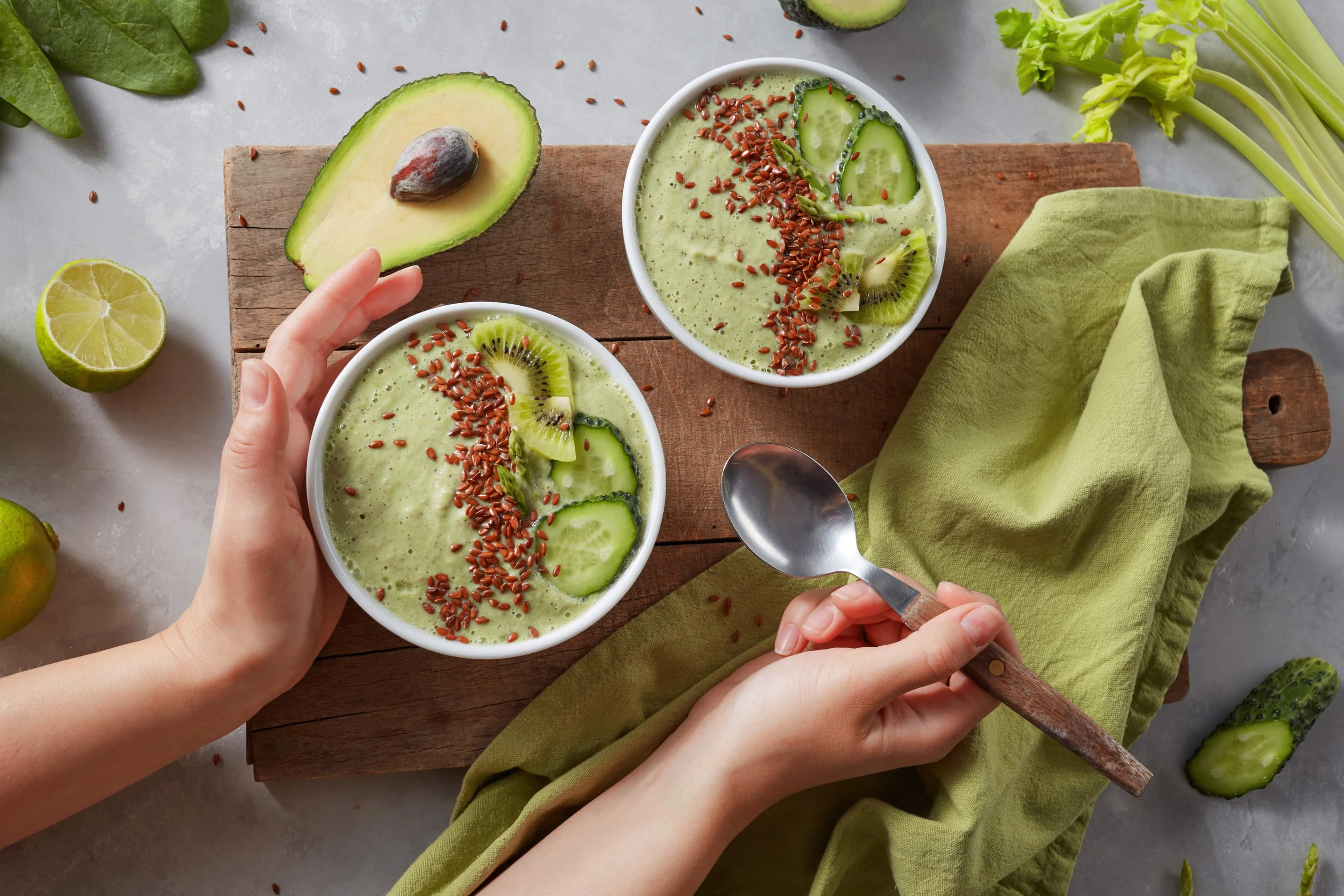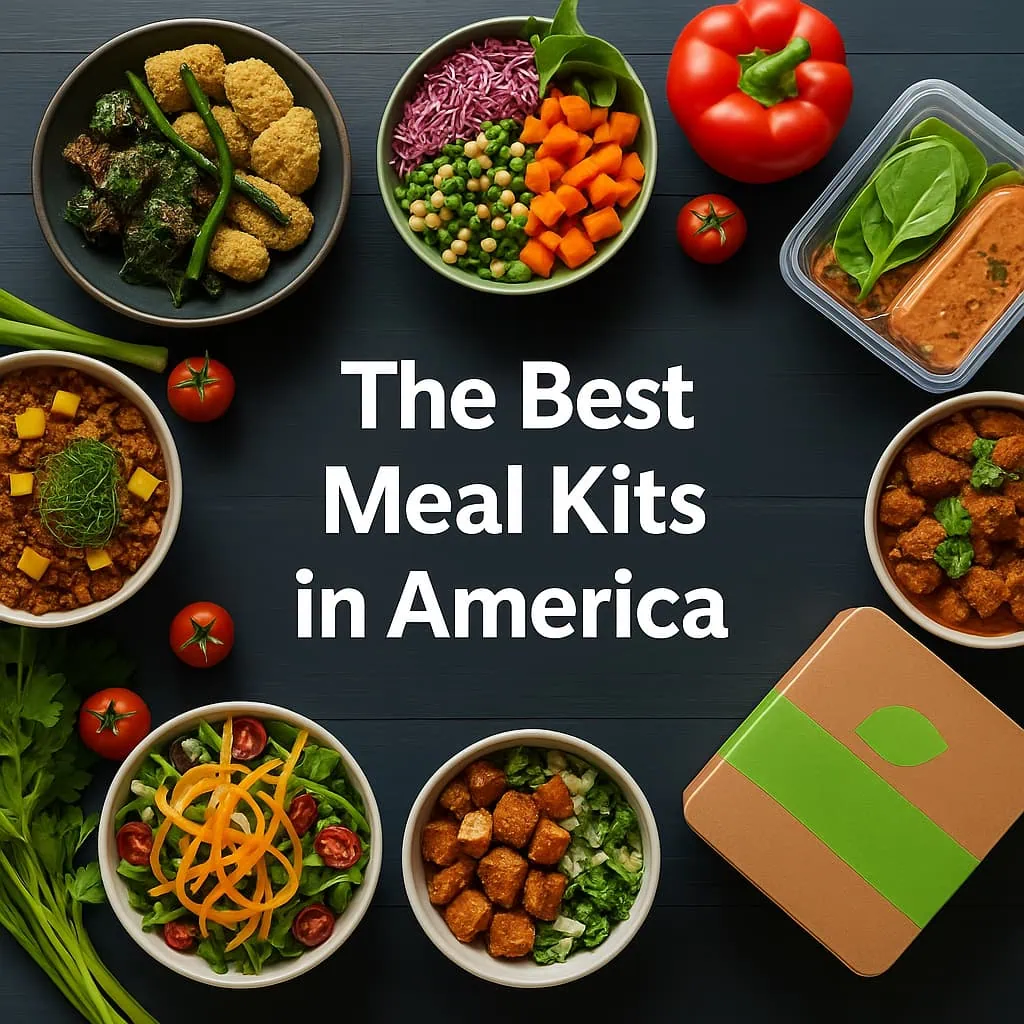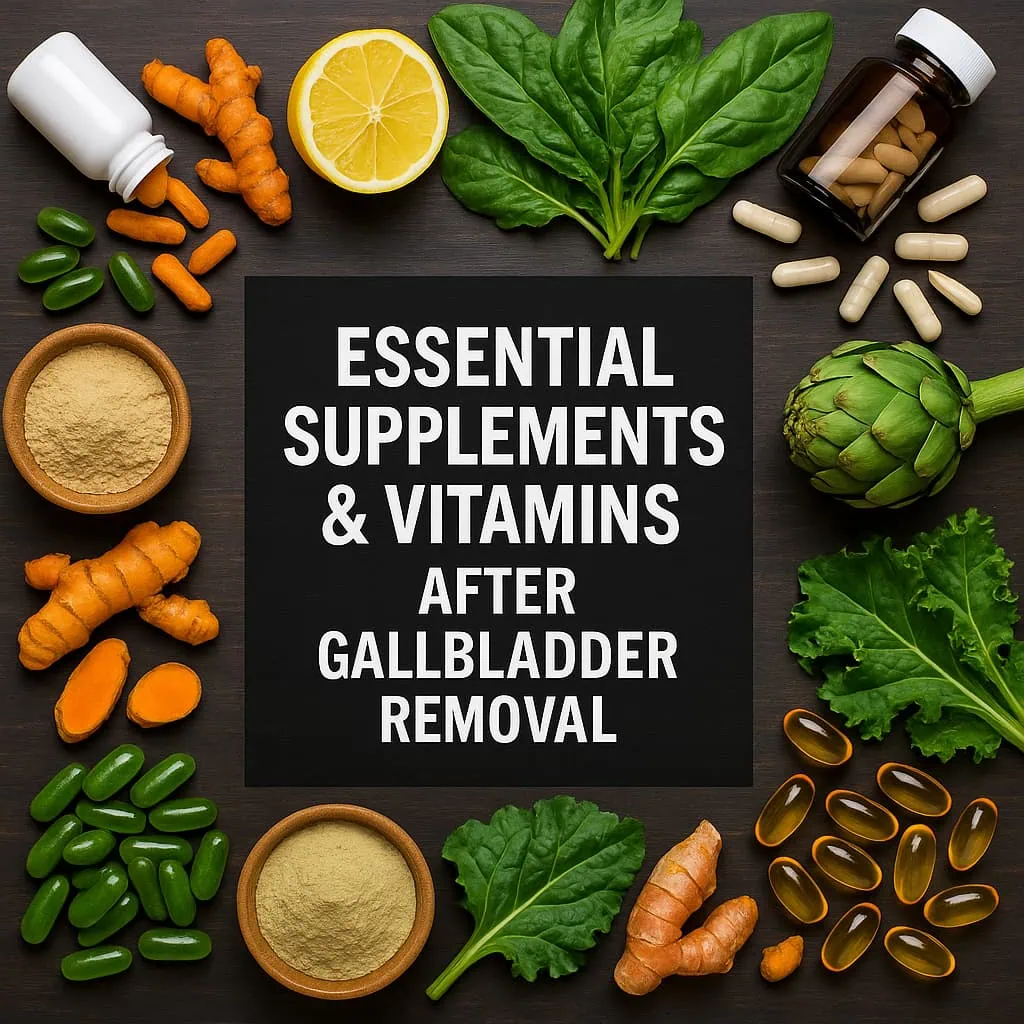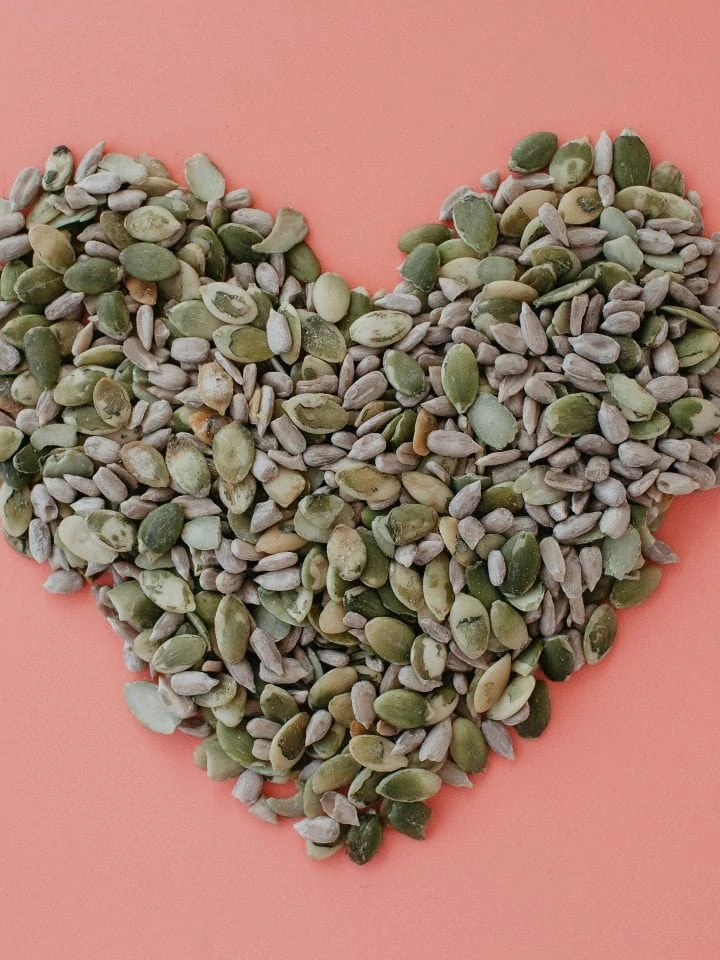One of the leading causes of death in the United States is cardiovascular disease. Acting as the body’s engine, the health of the heart is important to overall well-being. This organ drives circulation throughout the body, providing nutrition and oxygen to every cell. An undernourished heart can result in serious health conditions such as stroke, heart attack, hypertension, and coronary artery disease. This is why consuming foods that can enhance heart health is important.
While factors like genetics play a role in heart health, good lifestyle choices, especially diet, are important for maintaining a healthy heart. A heart-healthy diet is not just about throwing out unhealthy foods but also striving to incorporate nutrient-dense foods into your diet. Below, we will explore the diverse foods you can consume to nourish your heart and reduce the risk of cardiovascular diseases.
Jump to:
Your heart health and nutrition
Dietary habits are vital to keeping the heart healthy. Foods that are loaded with essential antioxidants, nutrients, and healthy fats can help regulate blood pressure, reduce levels of bad cholesterol, and decrease inflammation to enhance cardiovascular health. On the other hand, a diet high in processed carbohydrates, saturated fats, and trans fats can elevate the risks of developing heart diseases. Let us check out some of the foods that are good for nourishing heart health.
8 amazing foods for nourishing heart health

1. Avocado
Avocado truly deserves the buzz it gets. Avocado is a creamy fruit loaded with monounsaturated fats, especially oleic acid, which can help regulate the levels of bad cholesterol (LDL), good cholesterol (HDL), and triglycerides. Monounsaturated fats are healthy fats that support the absorption of fat-soluble vitamins and antioxidants, increasing their absorption rate.
In addition, avocados are loaded with potassium. One avocado contains up to 28% of the body’s daily potassium needs. The high potassium content in avocado helps regulate blood pressure, as potassium supports the balance of sodium levels in the body. This can help promote healthy blood pressure. However, while they are beneficial for the heart, it is important to consume them in moderation as avocados are nutrient-dense, and excessive consumption can lead to unwanted weight gain.
2. Walnuts
Walnuts fit into a heart-nourishing diet because they contain beneficial nutrients like omega-3 fatty acids and fiber. The omega-3 fatty acids in walnuts can help reduce the risk of inflammation, which is one of the leading causes of heart disease. The fiber in walnuts helps to regulate blood sugar levels and boost healthy digestion. The combination of protein, fiber, and healthy fats in walnuts makes them an excellent choice for promoting satiety and weight management.
Furthermore, walnuts contain antioxidants and polyphenols that can support cardiovascular health by decreasing oxidative stress and supporting endothelial function. Regular consumption of walnuts can also help to reduce the levels of bad cholesterol (LDL) which balances the levels of good cholesterol (HDL) in the body. Incorporate walnuts into your salads or baking goods to get the best out of these benefits.
3. Salmon
Another food to incorporate into your heart-nourishing diet is salmon. Salmon is a fatty fish known for its high omega-3 fatty acids composition. It contains docosahexaenoic acid (DHA) and eicosapentaenoic acid (EPA), which are important for heart health. These omega-3 fatty acids can help reduce inflammation, decrease unhealthy levels of cholesterol, and reduce the risk of abnormal heart rhythm.
Moreover, studies have shown that due to the omega-3 fatty acids in salmon, consuming it can help reduce the risk of strokes and heart attacks. The American Heart Association recommends the consumption of salmon at least twice a week to obtain these benefits. Additionally, salmon is a great source of protein, minerals, and vitamins like selenium and potassium, which are also beneficial for enhancing heart health. Enjoy salmon baked, grilled, or in patties for a nutritious meal.
4. Tofu
A great alternative to meat and also known as bean curd, tofu is a nutritious and versatile plant protein derived from soybeans. With its unique texture and mild flavor, tofu is a renowned food in vegan and vegetarian diets. Due to its low saturated fat content, tofu is particularly great for individuals looking to regulate their cholesterol levels and reduce the risk of heart disease. Tofu contains healthy fats that can help reduce inflammation and promote healthy cholesterol levels.
Moreover, tofu is an excellent source of potassium, which is beneficial for regulating blood pressure. Tofu also contains antioxidants like isoflavones, which might help protect against oxidative stress and decrease the risk of heart disease. Additionally, tofu is low in calories but rich in protein, making it great for weight management as it can promote a feeling of fullness. Enjoy tofu grilled, stir-fried, or in salads and smoothies to get a healthy protein boost.
5. Flaxseeds
Also known as linseeds, flaxseeds offer impressive benefits to the heart. First off, they contain omega-3 fatty acids, especially alpha-linolenic acid (ALA), which has been shown to decrease triglyceride levels, reduce inflammation, and overall enhance heart health. These fats are important and they can help maintain the integrity of cell membranes and lower blood pressure.
Additionally, the lignans in flaxseeds possess antioxidant qualities that can help combat free radicals and decrease oxidative stress. By offering protection to the cells, flaxseeds can support the overall health of the cardiovascular system. Flaxseeds also contain soluble fiber that reduces the risk of heart disease and supports a healthier lipid profile.
6. Swiss chard
With its colorful stems and vibrant green leaves, Swiss chard is another delight for nourishing the heart. This leafy green vegetable contains magnesium, potassium, iron, vitamins C and A. Its composition of vitamins A and C gives it an antioxidant ability to help fight inflammation and oxidative stress in the body. Potassium can help relax the walls of the blood vessels, which can help reduce blood pressure and decrease the risk of strokes.
Swiss chard is high in vitamin K, which is essential for blood clotting. Blood clotting is important for preventing excessive bleeding and promoting wound healing. Consuming foods that are rich in vitamin K, like Swiss chard, can help reduce the risk of arterial calcification and boost vascular health thereby permitting free blood flow to the heart and other organs.
7. Grapes
Enjoyed for their sweet juiciness and flavor, grapes come in different varieties such as green and red, and are packed with diverse nutrients. Grapes are loaded with antioxidants such as resveratrol, found in the skin of red grapes. Resveratrol can offer protection to the heart by preventing oxidative damage to blood vessels, reducing inflammation, and lowering the risk of the hardening or thickening of the arteries (atherosclerosis).
The resveratrol content in grapes can also help improve the ability of the blood vessels to contract and relax efficiently. As a result, the blood vessels can boost blood flow and lessen the risk of blood clots. Moreover, grapes also contain other polyphenols that possess anti-inflammatory qualities that can support heart health and overall well-being. Enjoy grapes as a healthy snack, in smoothies, salads, or as juice.
8. Lentils
Whether red, brown, green, or black, lentils are a staple food for nourishing the heart. Lentils are particularly known for their dense nutritional profile and numerous health benefits. They contain soluble fiber, which can help reduce levels of bad cholesterol, aiding a reduced risk of heart disease. Moreover, this high fiber content can help slow down the digestion of carbohydrates, thereby reducing the risk of experiencing sudden blood sugar spikes.
Lentils are low in sodium but rich in potassium, which makes their consumption beneficial for healthy blood pressure levels. Potassium helps to reduce strain on the cardiovascular system and lower the risk of hypertension by relaxing the blood vessels. Moreover, lentils contain antioxidants such as polyphenols and flavonoids that can help fight against inflammation and free radicals in the body; supporting a reduced risk of atherosclerosis and other heart diseases.
Conclusion
Nourishing the heart with the best foods for heart health is an important aspect of enhancing cardiovascular health and supporting overall well-being. It is important to adopt a diet loaded with nutrient-dense foods like grapes, lentils, tofu, avocados, salmon, walnuts, and flaxseeds. These foods contain important nutrients, antioxidants, vitamins, and minerals such as potassium, omega-3 fatty acids, resveratrol, and fiber that are needed for nourishing heart health. Ensure you consume these foods as a part of a balanced diet to get the best benefits out of them!

A writer passionate about wellness, nutrition, and intentional living. She creates engaging, research-based content that empowers readers to live healthier lives. Through every article, she brings clarity, inspiration, and a touch of everyday practicality. Read more about Juliana.







Comments
No Comments